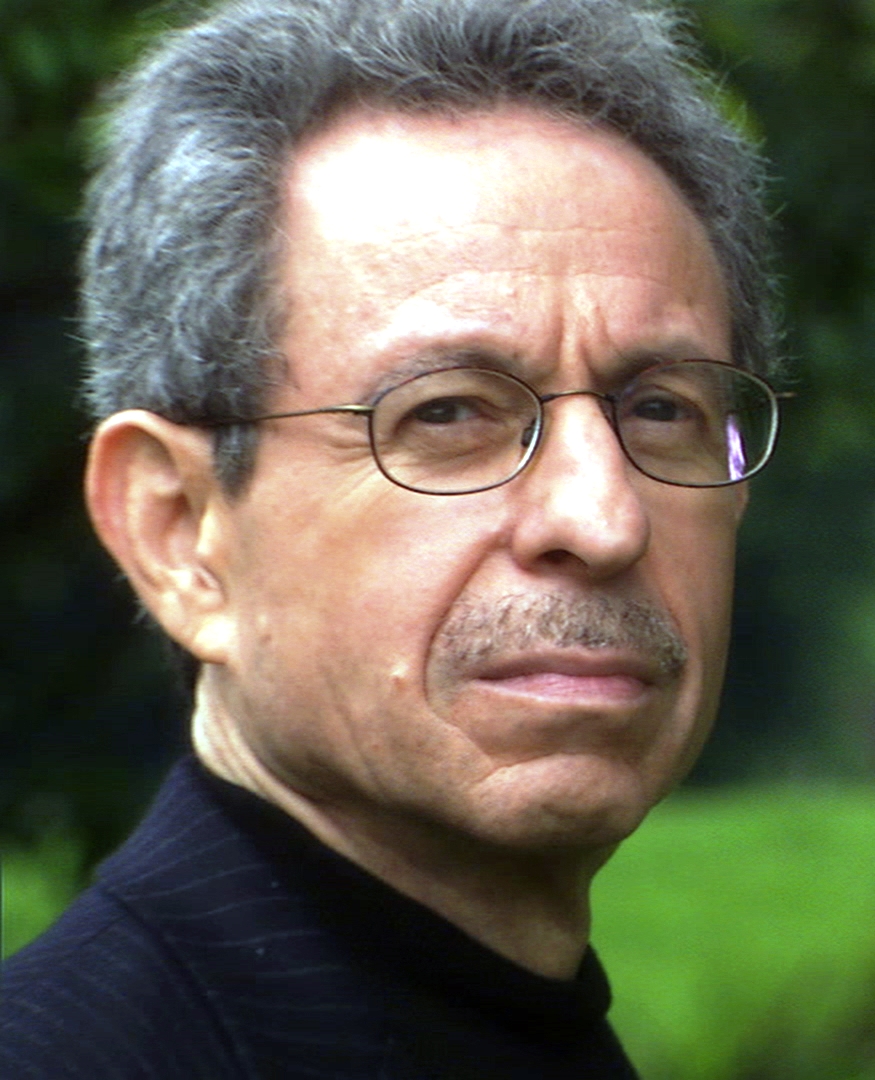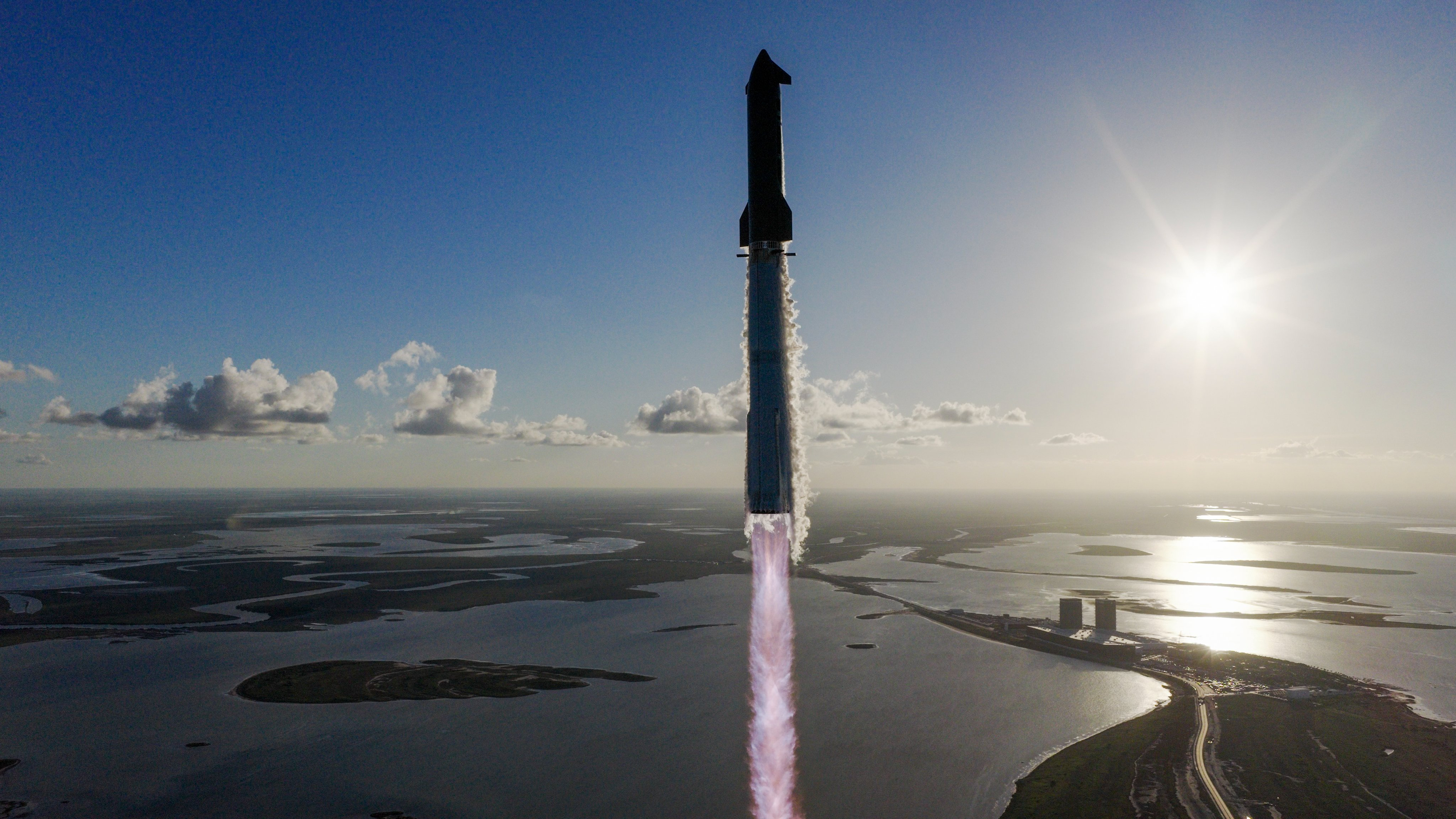
The Illusion of Time: What's Real?

Robert Lawrence Kuhn is the creator, writer and host of "Closer To Truth," a public television and multimedia program featuring the world's leading thinkers exploring humanity's deepest questions regarding the cosmos, consciousness and a search for meaning. Kuhn is co-editor (with John Leslie) of The Mystery of Existence: Why Is There Anything At All? Kuhn contributed this article, based on two recent "Closer To Truth" episodes (produced/directed by Peter Getzels), to Space.com's Expert Voices: Op-Ed & Insights.
Why is time controversial? It feels real, always there, inexorably moving forward. Time has flow, runs like a river. Time has direction, always advances. Time has order, one thing after another. Time has duration, a quantifiable period between events. Time has a privileged present, only now is real. Time seems to be the universal background through which all events proceed, such that order can be sequenced and durations measured.
The question is whether these features are actual realities of the physical world or artificial constructs of human mentality. Time may not be what time seems — this smooth unity without parts, the ever-existing stage on which all happenings happen.
Related: World clock: What is it and how does it work?
Is time physical?
To appreciate time is to feel the fabric of reality. I interview physicists and philosophers on my public television series, "Closer to Truth," and many assert that time is an illusion. What do they mean that time is "not real?"
Huw Price, professor of philosophy at Cambridge University, claims that the three basic properties of time come not from the physical world but from our mental states: A present moment that is special; some kind of flow or passage; and an absolute direction.
"What physics gives us," Price said, "is the so-called 'block universe,' where time is just part of a four-dimensional space-time … and space-time itself is not fundamental but emerges out of some deeper structure."
Breaking space news, the latest updates on rocket launches, skywatching events and more!
We sense an "arrow" or direction of time, and even of causation, he said, because our minds add a "subjective ingredient" to reality, "so that we are projecting onto the world the temporal perspective that we have as agents [in this environment]." [Alan Alda Asks: 'What Is Time?']
Think of the block universe, which is supported by Einstein's theory of relativity, as a four-dimensional space-time structure where time is like space, in that every event has its own coordinates, or address, in space-time. Time is tenseless, all points equally "real," so that future and past are no less real than the present.
Time is, was, will be?
So, are we being misled by our human perspectives? Is our sense that time flows, or passes, and has a necessary direction, false? Are we giving false import to the present moment?
"We can portray our reality as either a three-dimensional place where stuff happens over time," said Massachusetts Institute of Technology physicist Max Tegmark, "or as a four-dimensional place where nothing happens [‘block universe’] — and if it really is the second picture, then change really is an illusion, because there's nothing that's changing; it's all just there — past, present, future.
"So life is like a movie, and space-time is like the DVD," he added; "there's nothing about the DVD itself that is changing in any way, even though there's all this drama unfolding in the movie. We have the illusion, at any given moment, that the past already happened and the future doesn't yet exist, and that things are changing. But all I'm ever aware of is my brain state right now. The only reason I feel like I have a past is that my brain contains memories."
"Time is out there," said Andreas Albrecht, a theoretical cosmologist at the University of California, Davis. "It's called an external parameter — the independent parameter in the [classic] equation of motion. So, time — the time we know since we learned to tell time on a clock — seems to disappear when you study physics, until you get to relativity.
"The essence of relativity is that there is no absolute time, no absolute space. Everything is relative. When you try to discuss time in the context of the universe, you need the simple idea that you isolate part of the universe and call it your clock, and time evolution is only about the relationship between some parts of the universe and that thing you called your clock." [5 of the Most Precise Clocks Ever Made]
Julian Barbour, a British physicist, describes time as "a succession of pictures, a succession of snapshots, changing continuously one into another. I'm looking at you; you're nodding your head. Without that change, we wouldn't have any notion of time."
"Isaac Newton," Barbour noted, "insisted that even if absolutely nothing at all happened, time would be passing, and that I believe is completely wrong."
To Barbour, change is real, but time is not. Time is only a reflection of change. From change, our brains construct a sense of time as if it were flowing. As he puts it, all the "evidence we have for time is encoded in static configurations, which we see or experience subjectively, all of them fitting together to make time seem linear."
It's not all illusory?
But not all physicists are ready to demote time to second-class status.
John Polkinghorne, a quantum physicist and Anglican priest, believes that the flow and direction of time are real and relentless. It is a "mistaken argument," he said, to use relativity to assert that time is an illusion, "because no observer has knowledge of a distant event, or the simultaneity of different events, until they are unambiguously in that observer's past. And, therefore, that argument focuses on the way observers organize their description of the past and cannot establish the reality of the awaiting future."
Polkinghorne rejects the notion of the static block universe of space and time together. "We live in a world of unfolding and becoming," he said.
Fotini Markopoulou-Kalamara, a theoretical physicist at the Perimeter Institute, said, "I have the distressing experience of physicists telling me that time is not real. … It confuses me, because time seems to be real. Things happen. When I clap my hands, it happened. … I would prefer to say that general relativity is not the final theory than to say that time does not exist."
Time is a prime conflict between relativity and quantum mechanics, measured and malleable in relativity while assumed as background (and not an observable) in quantum mechanics. To many physicists, while we experience time as psychologically real, time is not fundamentally real. At the deepest foundations of nature, time is not a primitive, irreducible element or concept required to construct reality.
The idea that time is not real is counterintuitive. But many ideas about how the world works that humanity had taken for granted have required a complete rethink. As Tegmark puts it, "There've been so many things in physics that we thought were fundamental that turned out to be mere illusions, that we're questioning everything — even time."
What reality is depends on what time is. Is time irreducible, fundamental, an ultimate descriptor of bedrock reality? Or is our subjective sense of flowing time, generated by our brains that evolved for other purposes, an illusion?
Opinion is divided, but many physicists and philosophers now suspect that time is not fundamental; rather, time emerges out of something more fundamental — something nontemporal, something altogether different (perhaps something discreet, quantized, not continuous, smooth).
The alternative, of course, is our common intuition: time does flow, the present is superspecial as the only real moment, and the deep nature of reality is one of becoming.
I cannot decide.
Follow all of the Expert Voices issues and debates — and become part of the discussion — on Facebook, Twitter and Google+. The views expressed are those of the author and do not necessarily reflect the views of the publisher. This version of the article was originally published on Space.com.





